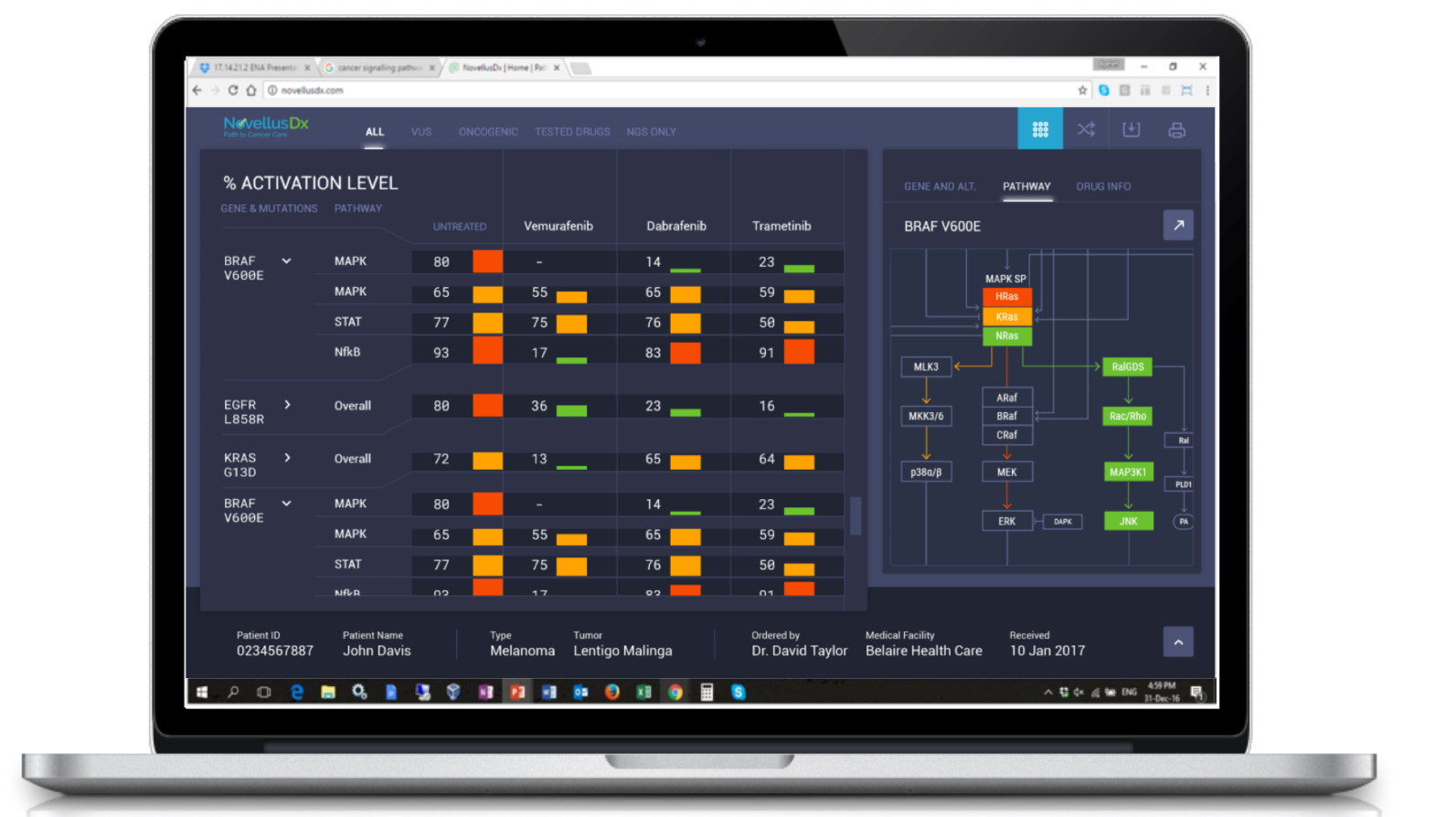The success of this experimental treatment may lead humanity to a new era in which it will be possible to achieve full recovery in most cases.
For the first time in the world, live human bone tissue that was grown outside the body has been successfully transplanted into a person’s arm, thanks to a still-experimental procedure developed by an Israeli company.
Because of the importance of the announcement, the Tel Aviv Stock Exchange halted fixed trade in the company’s stock for 15 minutes; sales resumed at 10:05 a.m., when its price rose by 13%.
The transplant was carried out by injection at Afula’s Emek Medical Center, as part of a clinical trial of the BioGroup Bonus company.
Dr. Shai Mertzky, CEO of BioGroup Bonus, noted that “transplantation of human bone tissue into a patient who has suffered a major critical deficiency in the bone of his arm sets a new standard of hope for rapid healing in a wide variety of cases. This was the only solution for the patient when nothing else helped.
“The success of this experimental treatment may lead humanity to a new era in which it will be possible to achieve full recovery in most cases,” he said.
BioGroup is a Haifa-based biotech company specializing in tissue engineering and developing a unique technology for the implantation of human bone grafts for transplantation in humans.
The live implant of human bone was produced in the company’s production laboratory in Haifa, under sterile and controlled conditions. It simulated the conditions required for bone production in the human body within two weeks after a fat tissue sample was taken from the patient.
The first patient is an Israeli man in his 40s who, as a result of a serious car accident several years ago, suffered significant bone loss in his arm. Before this transplant, the patient had undergone several operations in which the missing bone could not be replaced, and the possibility of cutting off part of his forearm had been considered.
Dr. Shai Mertzky, CEO of BioGroup Bonus, noted that “transplantation of human bone tissue into a patient who has suffered a major critical deficiency in the bone of his arm sets a new standard of hope for rapid healing in a wide variety of cases. This was the only solution for the patient when nothing else helped.
“The success of this experimental treatment may lead humanity to a new era in which it will be possible to achieve full recovery in most cases,” he said.
BioGroup is a Haifa-based biotech company specializing in tissue engineering and developing a unique technology for the implantation of human bone grafts for transplantation in humans.
The live implant of human bone was produced in the company’s production laboratory in Haifa, under sterile and controlled conditions. It simulated the conditions required for bone production in the human body within two weeks after a fat tissue sample was taken from the patient.
The first patient is an Israeli man in his 40s who, as a result of a serious car accident several years ago, suffered significant bone loss in his arm. Before this transplant, the patient had undergone several operations in which the missing bone could not be replaced, and the possibility of cutting off part of his forearm had been considered.










